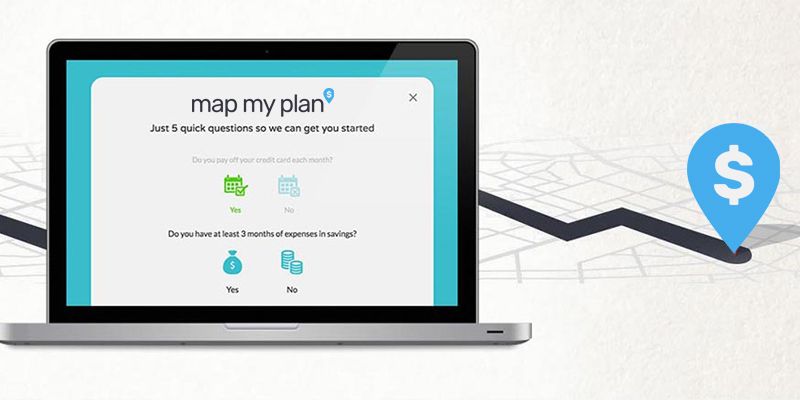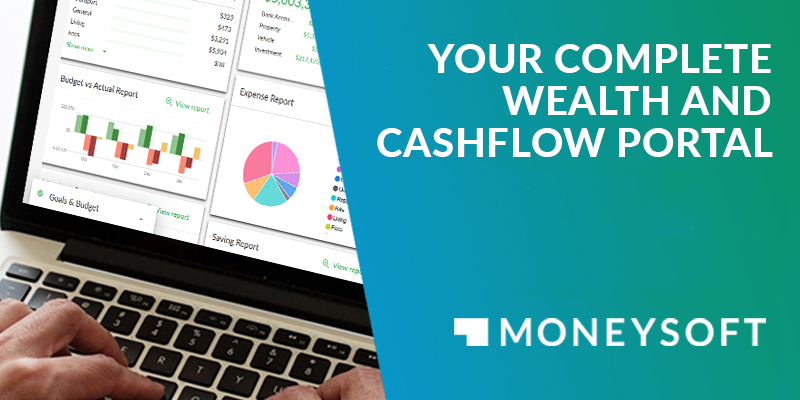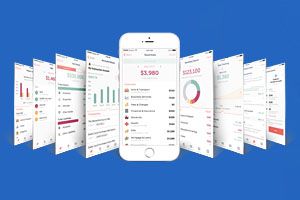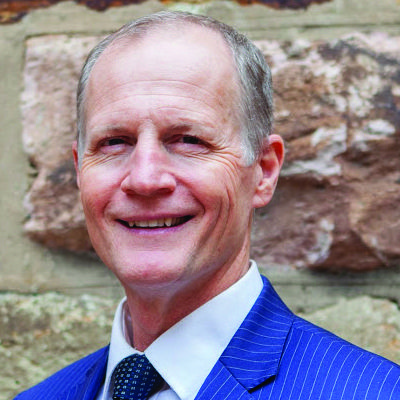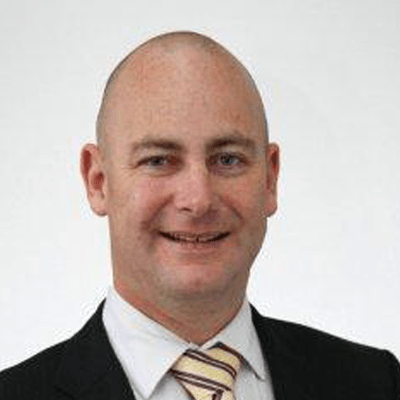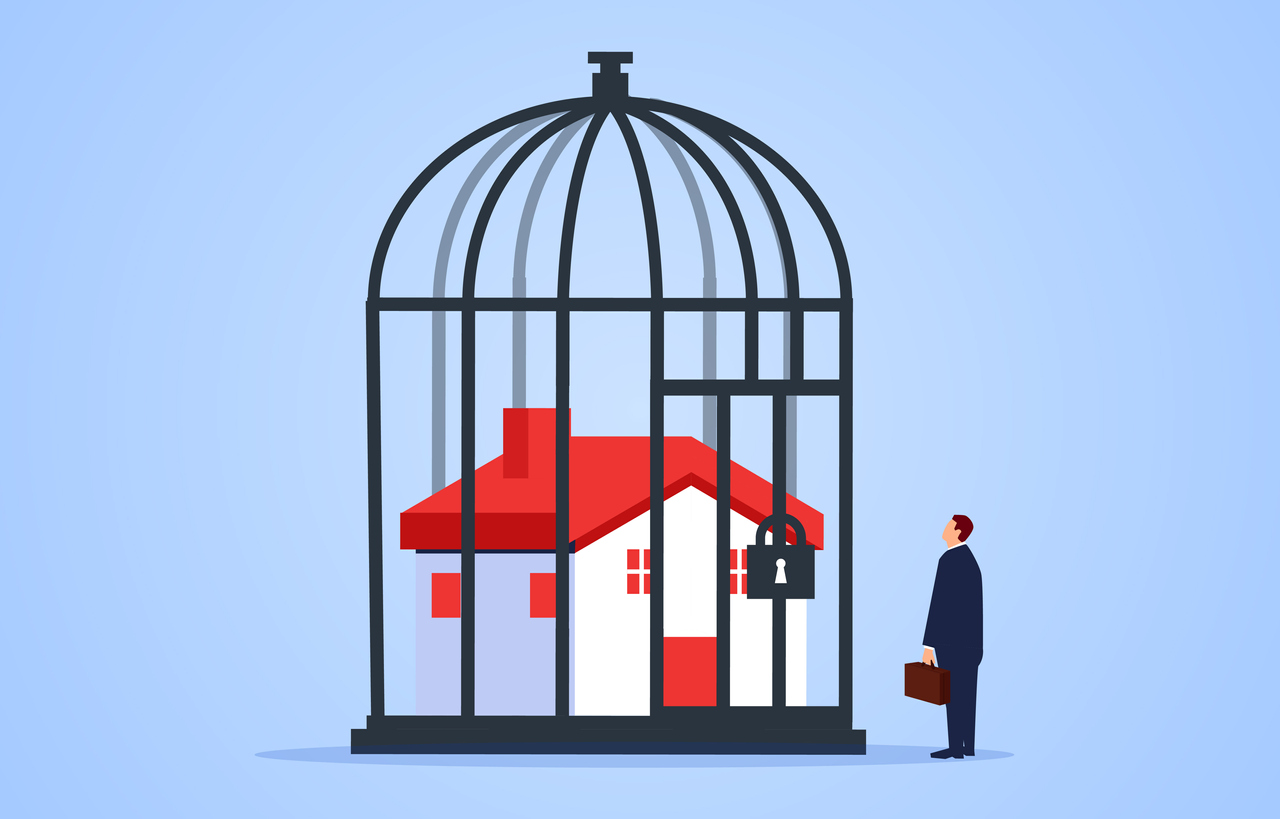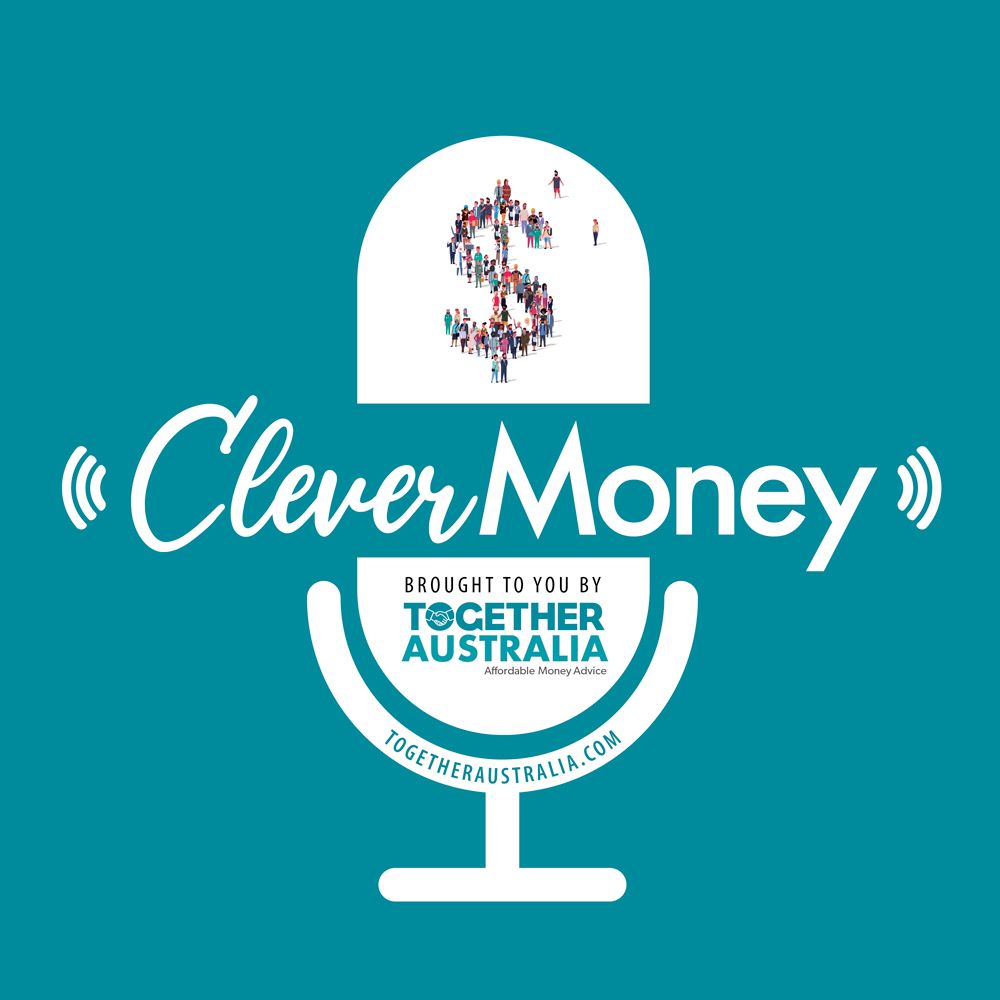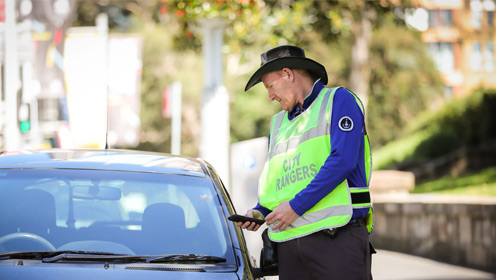
Cheaper energy, increase to the minimum wage: the changes that start from July 1
July 1 heralds in a new financial year – and there is a raft of changes that start today to welfare, health and other living expenses.
The big news is, the government, from today, opened 10,000 more spots for first home buyers looking to get into the property market, known as the First Home Buyer Deposit Scheme.
From superannuation, to the minimum wage to business and tax changes, here are the landmarks:
First Home Buyer Deposit Scheme
The Federal Government has opened up 10,000 more spots for first home buyers. The First Home Buyer Deposit Scheme allows first-time buyers to put down just 5 per cent deposit for a property with the government acting as a guarantor for the remaining 15 per cent.
But buyers still have to pay the remaining 15 per cent as they are technically borrowing 95 per cent of the property’s value from the lender.
As of January 1 this year, 10,000 applications for couples and singles were made available. And now the second lot of 10,000 applications were made available for the 20/21 fiscal year.
JobKeeper and JobSeeker
The Treasury has reviewed both JobKeeper and the JobKeeper wage subsidy but the findings won’t be released until July 23 when Treasurer Josh Frydenberg delivers his anticipated economic statement.
The JobSeeker payment, formerly known as Newstart, was doubled to around $1100 a fortnight as a support measure during the pandemic.
Under the JobKeeper payment, businesses impacted by COVID-19 can access a subsidy to continue paying their employees.
The Government provides a fortnightly payment of $1500 per eligible employee until September 27.
Energy prices
In ACT, NSW, QLD and SA, there will be revised energy prices. A new default market offer will also be introduced. This will provide a reference price for what electricity retailers can charge a range of customers in an electricity distribution zone.
Minimum wage
The Fair Work Commission announced a 1.75 per cent increase to minimum wages. This will apply to all awards from July 1.
For anyone not covered by an award or an agreement, the new national minimum wage will be $753.80 per week of $19.84 per hour. This applies from the first full pay period starting on or after July 1.
Childcare
Federal Education Minister Dan Tehan announced earlier in June that the free childcare scheme will come to an end on July 12. The JobKeeper payment for childcare workers will also come to an end on July 20.
Carers
From July 3, the government will pay eligible carers the Carer Supplement. They will be able to get up to $600 for each eligible person in their care, or a Child Disability Assistance Payment of up to $1,000 for each eligible child under 16 in their care.
Business and tax changes
Corporate tax rate for small and medium businesses with turnover over $50 million will reduce to 26 per cent in the 2020/21 year from the current 27.5 per cent. Then for the 2021/22 fiscal year, the rate will drop to 25 per cent.
The Federal Government has extended its instant asset write-offs scheme for businesses that have an aggregated turnover of less than $500 million. Businesses can claim up to $150,000 of assets. And for small companies, it reverts back to $1,000 for small businesses with an aggregated turnover of less than $10 million on January 1, 2021.
Changes to fines
In you’re in WA, anyone caught texting, emailing, using social media, watching videos of accessing the internet while driving will cop a $1,000 fine and four demerit points.
In NSW anyone on government benefit payments could apply to have their fines discounted. This discount applies to anyone on Centrelink including those on JobKeeper or JobSeeker who have received a fine managed by Revenue NSW.






